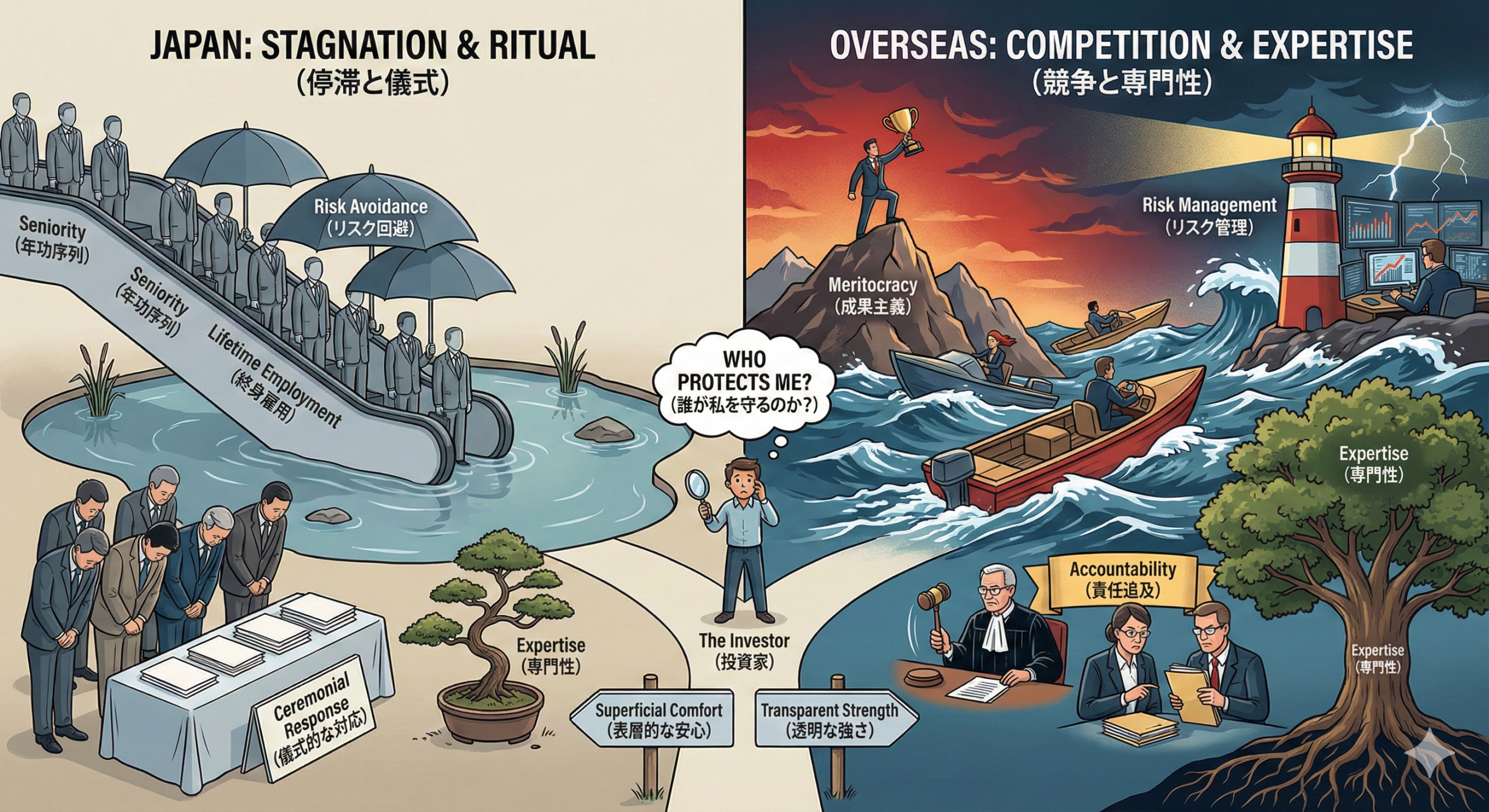※Translated with Notion AI. (Plus version)
The infidelity scandal report about Yuichiro Tamaki spread rapidly at an exquisite timing just before the prime minister nomination, with many media outlets jumping on it.
It’s clear that Japanese media, devoted to profit-first principles, are aiming to boost ratings and circulation numbers by targeting this “timing.”
Such gossip reports are indeed one of the media’s revenue sources, and scandals with topical appeal are particularly likely to attract public interest.
However, we can’t help but question the state of Japanese journalism that relies too heavily on such profitability.
The current situation is that the original mission of journalism – “fair reporting” and “pursuit of truth” – is being buried under these gossip-like elements.
While infidelity isn’t a good thing, there’s no need for the media to raise such a fuss about it.

Journalists should have an ingrained awareness that public officials and company executives should be judged based on their abilities.
In fact, at the American media company where I work, there’s a constant stream of people wanting to transfer from the Japanese media industry.
Many of them are seeking opportunities in foreign companies for better income and growth prospects, as treatment in domestic Japanese media organizations is insufficient and promotion opportunities are limited.
While Japan has much intellectual property at the world’s highest level, we must say that the media has become a world considerably eroded by commercialism.
If I explain a bit more about the situation on the ground, you’ll understand how much the quality of Japanese media (including social media) has declined.







